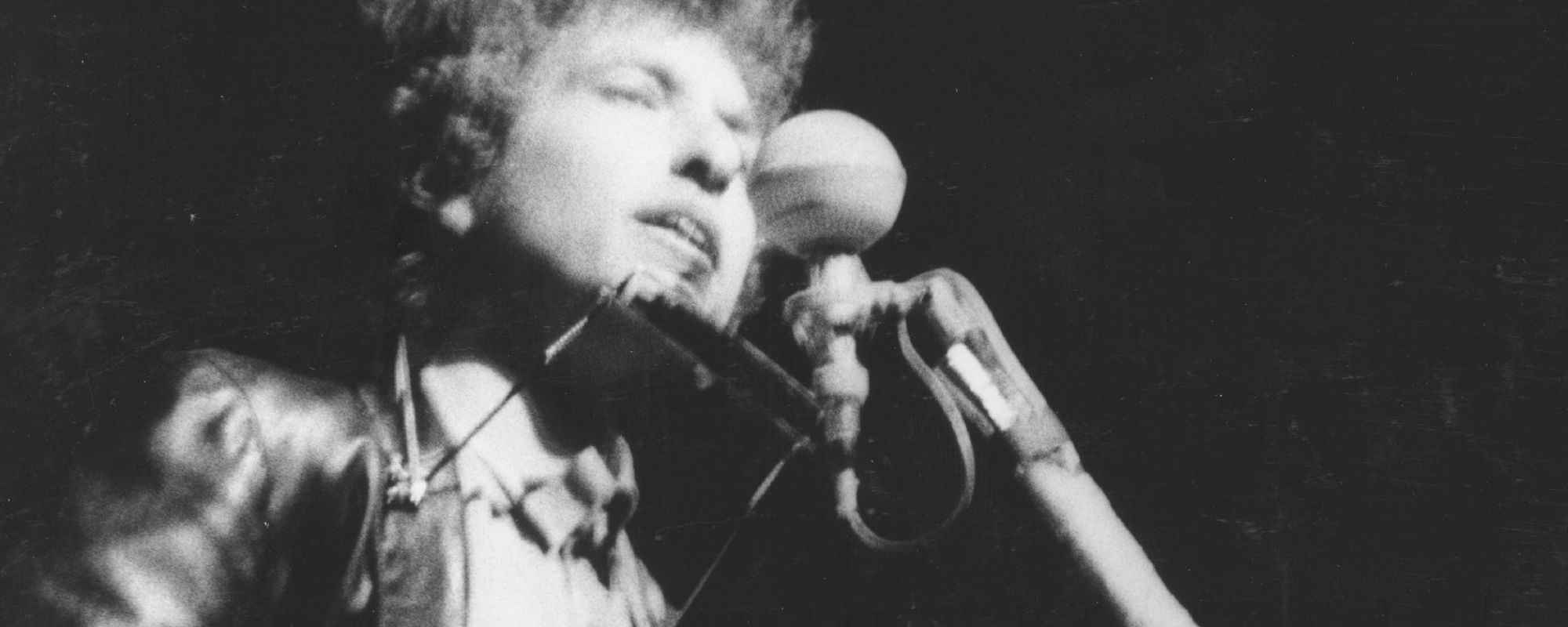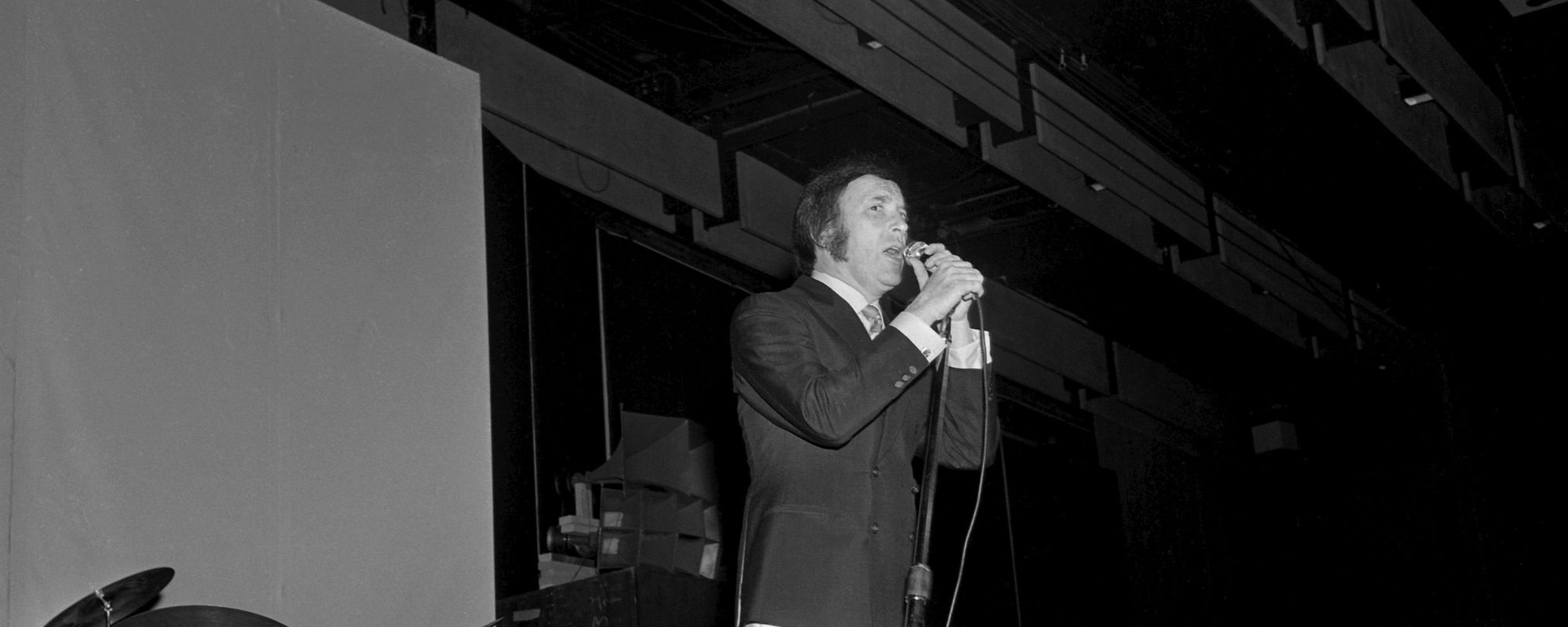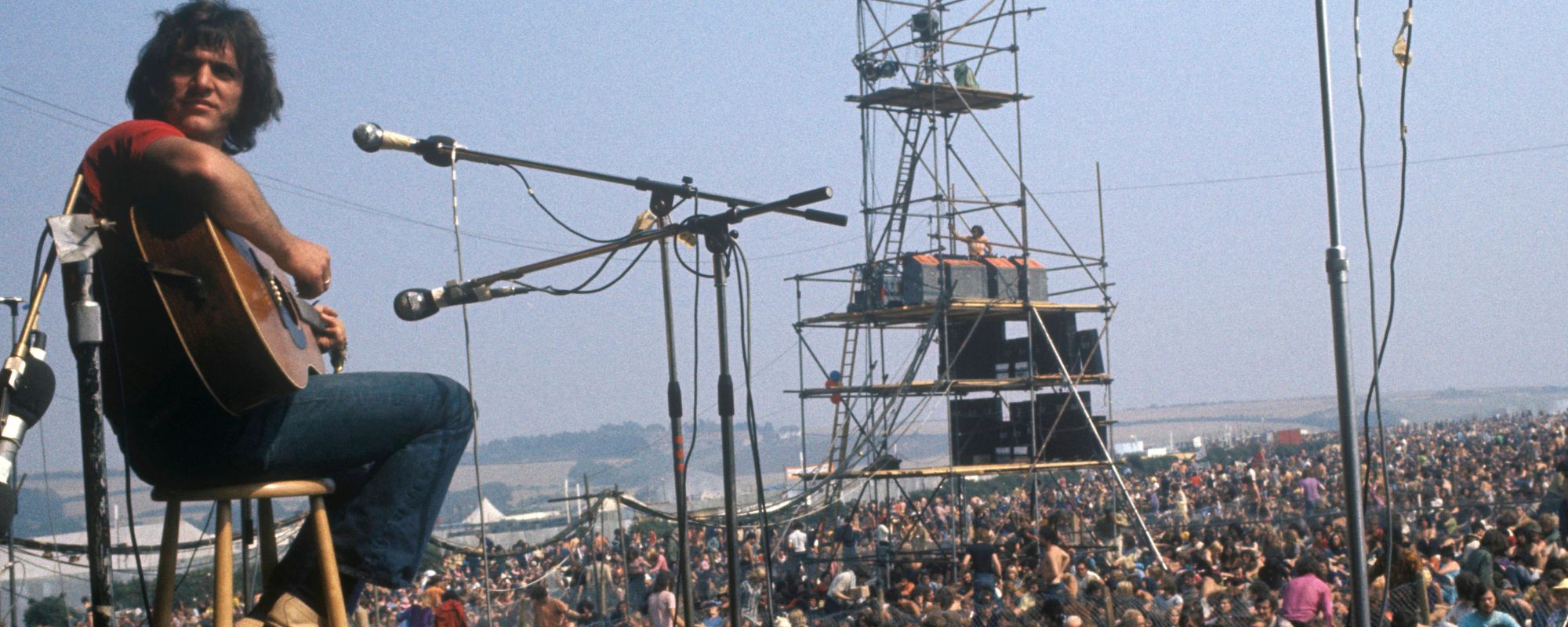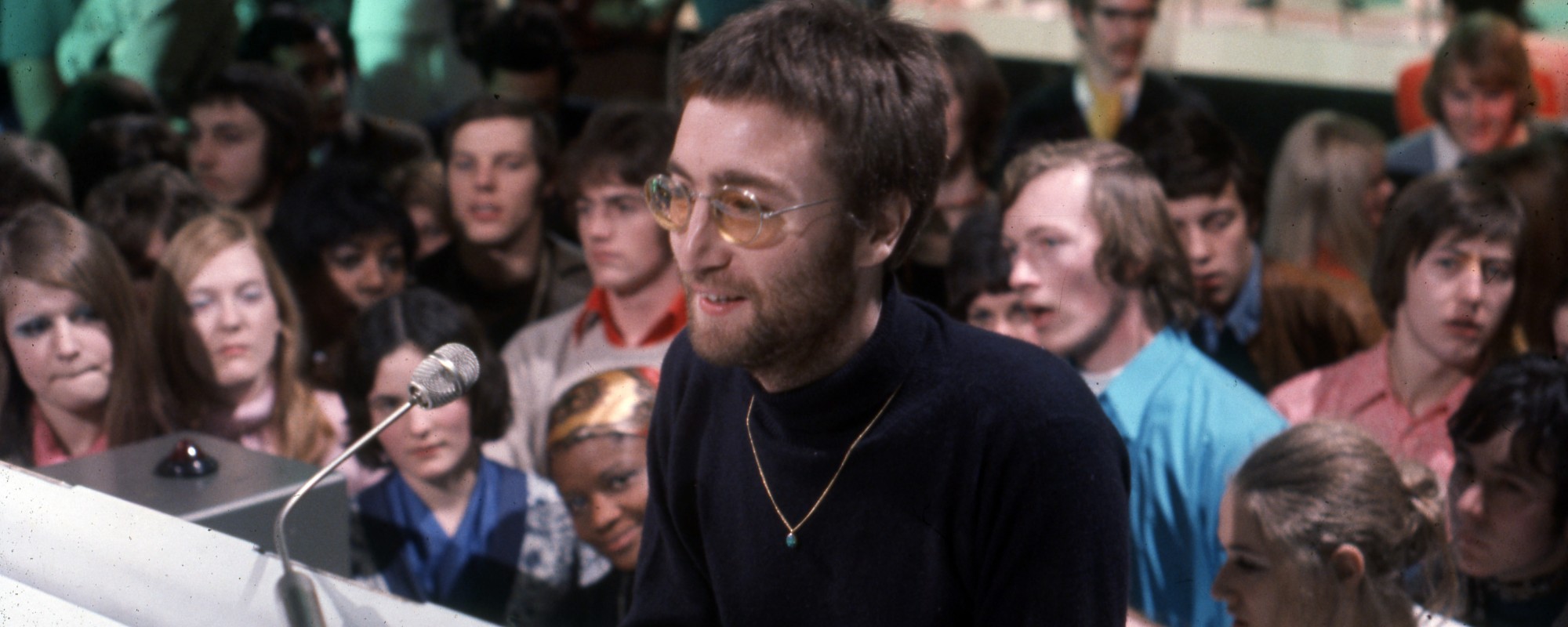There are a plethora of rock bands that came out in the 1960s, and a large number of them formed in Texas. There were also a handful that disappeared during that time. Many bands left behind a legacy of album after album, reaching into the double digits. However, even more stayed relatively under the radar, releasing a couple of albums before disbanding. Here are three rock bands from Texas during 60s with a small discography, but a big sound.
Videos by American Songwriter
American Blues
American Blues released two albums, American Blues Is Here and American Blues Do Their Thing, both in 1968. This Texas-based psych-rock band was influenced by another short-lived group on this list, 13th Floor Elevators. However, although American Blues disbanded early and only released two albums, it featured two notable members who went on to have illustrious careers.
This was the early band of ZZ Top members Dusty Hill and Frank Beard. American Blues also included Dusty’s older brother, Rocky Hill. Around 1968, Rocky decided to leave the band due to creative differences with his brother. Rocky wanted to go more blues, while Dusty wanted more rock. With Rocky out of the band, Dusty and Beard joined ZZ Top, which had recently formed at that time.
American Blues Is Here features a notable psychedelic sound with the use of reverb and lyrical repetition. However, there’s a distinct blues element that puts some tracks like “She’ll Be Mine” and “Mellow” in a similar lane as Mungo Jerry, who would come to prominence around 1970.
13th Floor Elevators
From 1967 to 1969, Texas-based rock band 13th Floor Elevators released three albums: The Psychedelic Sounds Of The 13th Floor Elevators, Easter Everywhere, and Bull Of The Woods. This band was hugely influential on stoner rock, and although they didn’t have a huge discography, the Elevators built a lasting legacy with many other groups covering their songs in tribute.
The Psychedelic Sounds Of The 13th Floor Elevators achieved cult status early, partially due to the band’s embrace of psychedelic drugs as a way to reach a higher state of consciousness. This was led by electric jug player Tommy Hall. However, there were disputes over this advocacy for LSD, which led to drummer John Ike Walton leaving the band.
The band didn’t quite achieve huge national success, but they were popular in the Texas psych-rock scene. They had an influence on many Texas rock bands, from ZZ Top to Butthole Surfers. Tommy Hall’s unique jug technique set the band apart as well. He didn’t blow air into the instrument to create the iconic tuba sound. Instead, he vocalized into the jug, creating distortion and reverb with his voice.
Mouse And The Traps
Mouse And The Traps was one of several 60s rock bands that formed and reformed under different names several times since 1965, creating vastly different lineups over the years. They’ve also never released a full-fledged album that wasn’t a retrospective. Still, Mouse And The Traps found moderate regional success in Texas.
Ronny Weiss, known sometimes as Mouse, served as vocalist for the group. On the band’s most popular single, “A Public Execution”, Weiss adopted a notably Dylan-esque sound, a bit of a nasally, folkish, head voice. The instrumentation featured garage rock leanings, with an interesting bluesy twang that repeats after the verses.
Eventually, Mouse And The Traps evolved into Positively 13 O’Clock, but an album never materialized. Still, “A Public Execution” remains one of their defining hits. According to a review included in the promo material for The Fraternity Years retrospective album, the song emulates Bob Dylan so well that it’s “one of the few rip-offs so utterly accurate that it could easily fool listeners into mistaking it for the original article.”
Featured Image by Guy Clark/Michael Ochs Archives/Getty Images












Leave a Reply
Only members can comment. Become a member. Already a member? Log in.